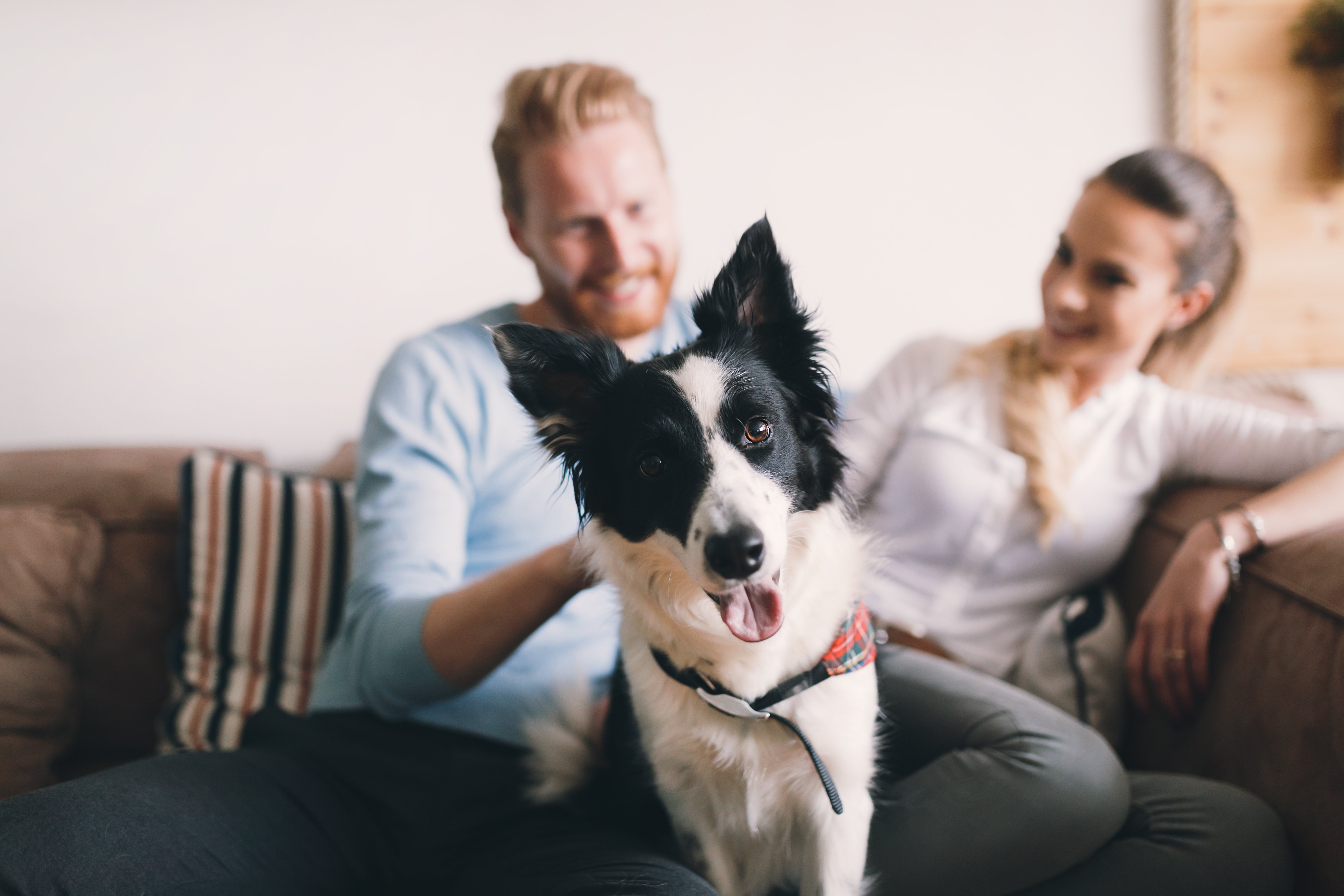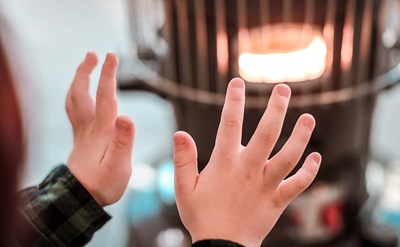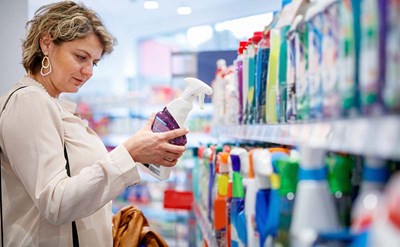Having a pet can reduce your stress and contribute to a long happy life. Still, seniors must be careful when taking them out for a walk. A study finds an increase in emergency room visits for falls and broken bones in seniors who walk their dog on a leash. Injuries can occur when a pet pulls the leash or pushes you off balance during a walk, or if you must chase your pet should it runoff.
This study found injuries, such as arm or hip fractures, were more common among women. Any fall can be a serious health risk for a senior citizen. But a broken hip is particularly debilitating.
This type of injury can result in a significant loss of independence and increase your risk of premature death. Seniors are typically predisposed to more serious injuries from what can appear to be relatively minor incidents. A prior CDC study also found that one in three adults over 65 who suffer a pet-related fall sustained a hip fracture and about 86K serious falls occur every year from our beloved pets.
The hazards are not just limited to the streets, they are in your home, too. Cat owners are all familiar with their felines rubbing up against their legs, which can be a tripping hazard if you are not paying attention and you start walking. It is easy for small dogs to get under foot, and large dogs can jump up and knock you down. If your pet’s toys are left scattered around the house on the floor it could also cause a fall.
So, what tips or precautions should we take with our pets?
- Make sure all toys are stored away.
- Invest in obedience training so that your dog walks on a leash and knows to follow basic commands.
- Make sure you have the appropriate leash for the appropriately-sized dog.
- Try to get a dog that realistically matches the owner’s activity and energy level. For example, if you have a pet that requires tons of exercise, be prepared to walk, jog or play with your furry friend.
- Teach your pets not to jump up on people.
And for us humans:
- A doctor-approved exercise program can help seniors build muscle strength and balance and is one way to reduce the number of falls.
- Improve lightening in your house and around your outside walkways.
- If you are going outside, consider ditching the sandals or slippers. Dress appropriately for the weather and task at hand.
- If you are inside, it may be safer for seniors to wear shoes than socks alone. And, there are some shoes – look for those with thin, non-slip soles with lots of support - that are typically more effective at helping prevent falls than others. Many people don’t realize that seniors should avoid athletic shoes with deep tread. They can catch on the ground and cause tripping.
- Paying attention and taking these precautions can help you and your best friend live a long and happy life together.
 American College of Emergency Physicians
American College of Emergency Physicians







